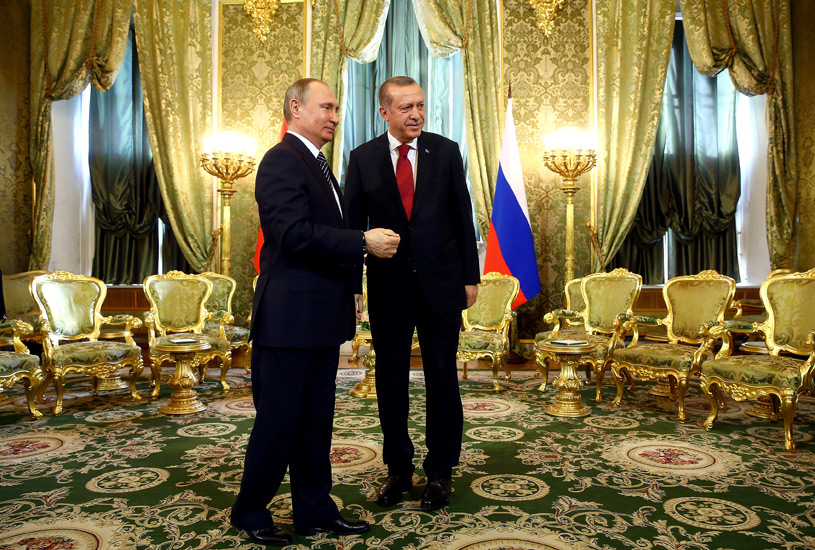What does Erdogan hope to gain by holding an “urgent meeting” with Bashar al-Assad just two weeks before the fateful parliamentary and presidential elections in Turkey? Will the Syrian crisis be resolved by a handshake between the Turkish President and the head of the Syrian regime? Will there be a four-way preparatory meeting at the foreign minister level, as announced before? Is it in Russia’s interest to have a meeting between the two leaders before the Turkish elections? Is there Iranian pressure on Assad to abandon his preconditions for any meeting, or is it the opposite? Why is Tehran pushing for a Turkish-Syrian summit before the Turkish elections? Is it to serve Erdogan or to implicate him politically? And why is there an insistence on linking the Erdogan-Assad meeting with the Erdogan-Sisi meeting in Doha as a necessary step to chart the course of a new roadmap for negotiations between the two parties?
Assad Raises Conditions in Face of Ankara: Is he Waiting for the Elections?
When Turkish presidential spokesman Ibrahim Kalin stated that his country had informed the defence ministers of the Syrian regime, Russia, and Iran of its intention to hold the next quadripartite meeting after the Turkish elections on May 14th, this coincided with the impossibility of holding a meeting between Turkish President Recep Tayyip Erdogan and the head of the Syrian regime, Bashar al-Assad. Turkish Foreign Minister Mevlut Cavusoglu said two days ago that the possibility of a meeting exists but that a roadmap must be prepared first, including not imposing preconditions, studying the political stage, combating terrorism, and establishing stability in Syria.
The phrase “We have elections” means that Ankara cannot stray far from UN resolutions and Arab positions on the Syrian file, even if it is coordinating with Russia and Iran at the Moscow Quartet table. It will not adopt a policy different from what the United Nations works for, which was outlined by the UN Special Envoy for Syria, Geir Pedersen, in his recent briefing to the UN Security Council, saying that “the increasing diplomatic interest in Syria during the current period may push the political solution forward.” However, he considered that the best way to deal with an “important milestone” awaiting Syria in the next stage is to facilitate “political progress in accordance with Resolution 2254.”
Erdogan will emerge more powerful after the elections and will receive more support from the political and popular sides towards the meeting with Assad and speeding it up as much as he wants. However, the meeting with Bashar al-Assad should be preceded and accompanied by a set of declared political steps to prevent the regime from further oppressing the Syrian people and to ensure that it does not escape legal, political, and moral accountability for the crimes it has committed against the Syrian people for decades. The Turkish move towards holding a summit meeting should be preceded by declared and binding commitments by the regime, including commitments to international and Arab resolutions that hold it responsible for bringing Syria to its current state, facilitating the political transitional phase in the country, and ending the policy of evasion it adheres to. Limiting the issue to asylum and border security will not give Ankara the guarantees it wants, and it completely contradicts everything it has put forward in its Syrian policy over a decade and a half.
This article was edited by The Syrian Observer. The Syrian Observer has not verified the content of this story. Responsibility for the information and views set out in this article lies entirely with the author.


